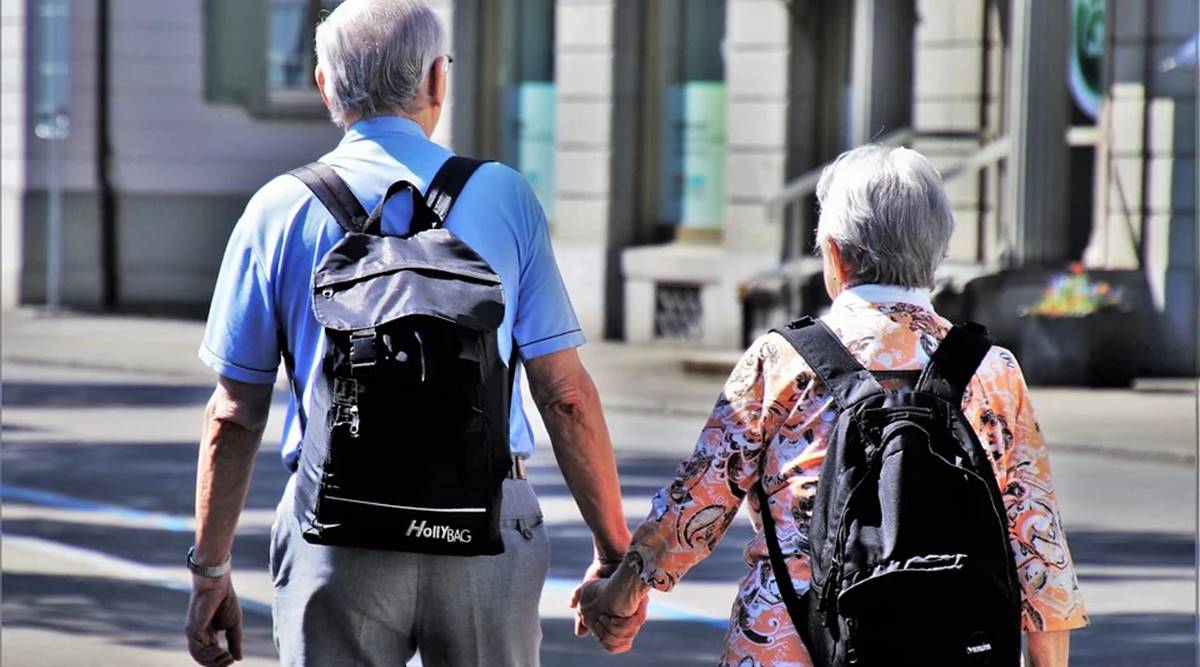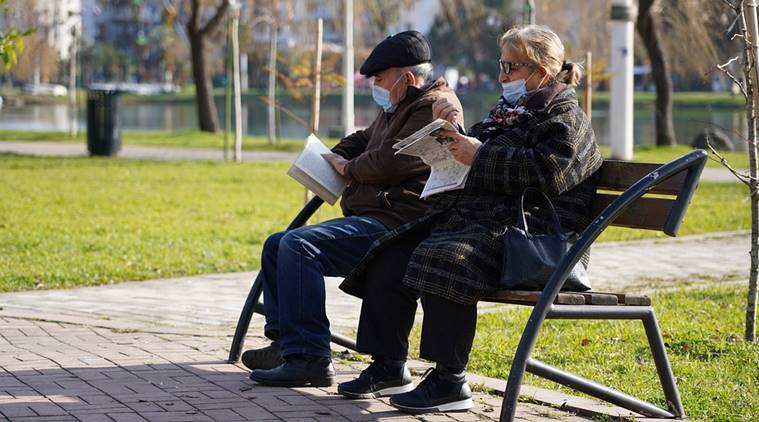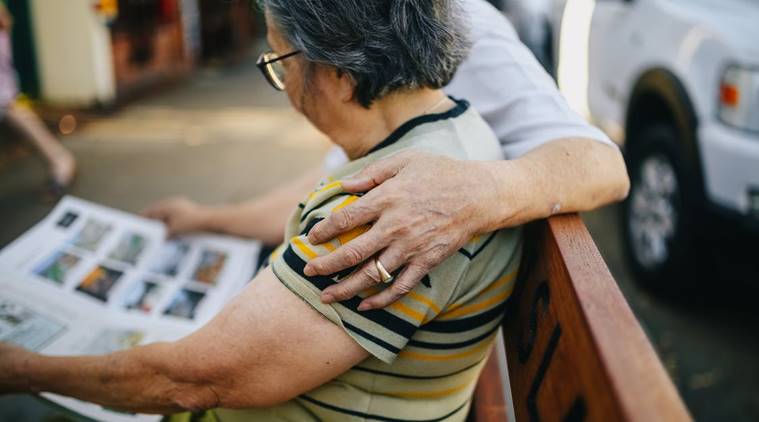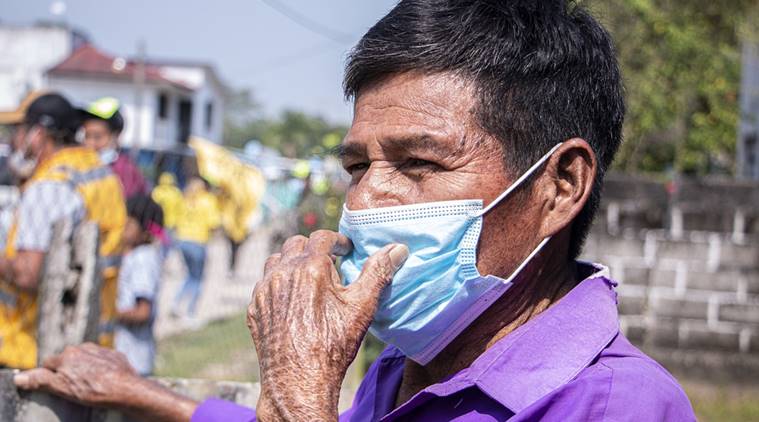Isolating during Covid could trigger anxiousness, especially when interacting with family members is prevented, a situation often faced by patients recovering in hospitals and Covid wards.

“My body was falling apart, it was very weak, the feeling of fatigue was intense. I did wonder at some points whether I would survive this,” said 73-year-old Prabir Chakravorty as he recalled his 25-day isolation period after testing positive for Covid on April 26.
With over 28 million cases of Covid reported in India alone, self-isolation and self-quarantine are crucial to minimise the spread and among the first recommendations to patients. However, the negative physical, psychological, and social effects of isolation are apparent among the elderly population, especially those suffering from pre-existing mental illness.
For Chakravorty, the month-long journey to recovery was filled with bouts of loneliness, panic, and anxiety. “I lay in bed hooked up to an oxygen concentrator. Initially, it was difficult to talk due to the infection in my lungs. I didn’t exactly have trouble breathing but I had to put a lot of pressure on my throat to speak,” Chakravorty told the indianexpress.com. Moreover, the unavailability of necessary medical support in the country only aggravated the stress.

Though the isolation period led to limited interaction, Chakravorty feels that the constant emotional support he received from his family prevented him from falling into a depressive state. “They kept talking to me throughout this period so I never felt I was alone, as opposed to hospitalisation where I have heard and read that patients felt helpless because family members couldn’t visit them,” he said.
According to a study by Delhi-based NGO Agewell Foundation, the second wave of the pandemic has adversely impacted the mental health of senior citizens. Compiling data of over 5,000 senior citizens across the country, the study revealed that the pandemic not only hit the health condition of the elderly population but also affected their psychosocial being. The study claims that over 82 per cent of the elderly complained of experiencing anxiety due to the rising Covid-19 cases and casualties around them.

Isolating during Covid could trigger anxiousness, especially when interacting with family members is prevented, a situation often faced by patients recovering in hospitals and Covid wards.
Janardan Pandey, 67, trembled with fear after he and his family tested positive. “I had heard a lot of negative stories around and, my wife and I suffer from blood pressure and diabetes, so it was scarier,” he told the indianexpress.com.
Staying at the institutional quarantine at Nesco, Mumbai, for 12 days, Pandey recalls being depressed and losing all hope. “Staying alone kills you. My family was discharged after eight days and I was there alone. It was scary. You can’t see them, share your thoughts with them. It was sheer depression and the only thought was to get out of here. The whole time I used to think that how this infection happened and what if I don’t go home from here. There was so much negativity there. The only thought that helped me survived was my responsibilities towards my family. I’m their support system and would like to be that forever,” Pandey said.

Spending each day in isolation was no less than a struggle for Pandey, who often panicked at the sight of the doctor or when his oxygen levels were being tested. “I’m not a calm person. I use to panic whenever the doctors came for regular checkups. My entire family was upset looking at my condition. They used to come and sit with me, play Ludo but I was not in that state to reciprocate,” he said.
It was only when his oxygen levels improved was Pandey able to relax a little. “Those 12 days were the ugliest phase of my life. Earlier I was under the impression that covid is just nothing but once been through it and that’s all. It’s the worst.”
What do the experts have to say?
Isolation has adversely affected the mental health of individuals and with the ongoing lockdowns and restrictions due to the pandemic, the situation has only worsened. For patients recovering from Covid, the mental strain has been amplified because of the panic surrounding the virus due to the unavailability of doctors, hospital beds, oxygen cylinders and the high death rate. However, experts suggest that the impact can be reduced by following a regular routine, engaging in relaxing activities, and regularly communicating with friends and family.

“The impact of the pandemic has been immense on every age group. For the elderly too, it has enhanced the anxiousness and worry about the situations we are in, concern about their children and grandchildren, feelings of loneliness, along with concerns around health and well-being have seen a rise,” explains Dr Kamna Chhibber, HOD Department of Mental Health and Behavioural Sciences, Fortis Healthcare.
Stressing the importance of engaging in at least one relaxing or physical activity, she suggests Covid positive patients maintain a routine and stay focussed on things that are in their control. “Keep going back to your routines in a slow but steady manner. Ensure that you monitor your health. Engage in activities that you enjoy. Communication is key. Continue to maintain covid appropriate behaviour. Build on hobbies,” she adds.
Source: Read Full Article
